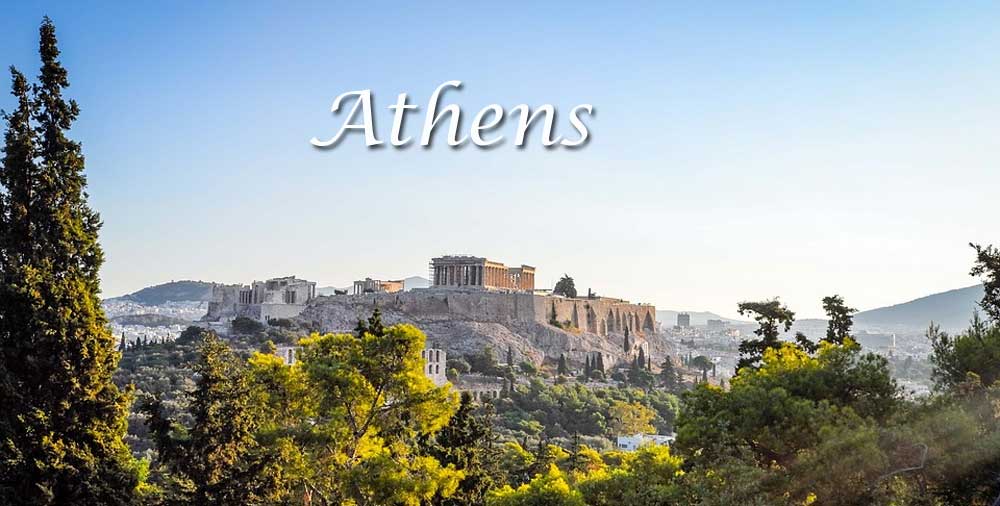The Cylonian curse
Cylon, who belonged to the noble class, had become an Olympic champion. Taking advantage of the popularity he had acquired and having the help of the father-in-law of the Tyrant of Megara, Theageni, he attempted to seize power in Athens. He had even received an oracle from the Oracle of Delphi which said to capture the acropolis of Athens on the great festival of Zeus “on the great festival of Zeus they will capture the Athenian acropolis”
He considered that the greatest festival of Zeus was the Olympians (but in all probability the Oracle referred to the Diasias). During the Olympian festival the Olympians on the anniversary of their victory were allowed to go with relatives and friends and make sacrifices at various shrines in the city. Taking advantage of this habit but also of the dissatisfaction of the Athenians, together with his brother and his followers he occupied the Acropolis in 632 BC, (according to others in 628 BC).
However, he did not achieve his goal because the then named archon of Athens, Megacles, who belonged to the powerful Alcmaeonid family, reacted actively and, besieging the Acropolis, forced Cylon and his brother to flee to Megara, and his followers to seek refuge in the altar of Polias Athena. Then those who took refuge in the altars were considered protected by the gods and were therefore inviolable.
But the followers of Megacles, while they promised them that they would not mind if they left the sanctuary, violating that pan-Hellenic sacred custom, killed them in front of the sanctuary of the Eumenides, at the moment when they were coming down from the Acropolis holding, according to tradition, films whose another end was tied to the altar, having previously cut these bands (thus, they considered that they no longer enjoyed divine protection).
Concequenses
This crime of beggars caused the horror of the Athenians and the general outcry outside Athens, and the Alcmaeonides were considered “plaintiffs”, while on the contrary sympathies turned to Cylon. This event was followed by a series of protests and riots until 597 BC. which Solon undertook to reconcile the warring parties by asking the plaintiffs to submit voluntarily to the judgment of a three hundred-member court which will decide on the matter. The Alcmaeonides accepted before this outcry, and that court, with Myron the Phileas as the accuser, condemned them to exile. He even decided that those who had died in the meantime should be exhumed and buried outside the city.
Although this decision was carried out, the Agos continued to suffer and a terrible disease, a pestilence struck Athens, with many deaths, which the citizens considered a divine trial for the crime. Then it is said that souls of the dead (ghosts) appeared wandering over the city and a superstitious fear gripped the Athenians. At the same time, Cylon raised the Megarians against the Athenians and they managed to occupy Salamis causing destruction in the rest of Attica as well.
After this, the Oracle of Delphi was asked, which ordered a complete cleansing under the instructions of the then philosopher and priest Epimenides, who however lived in Phaistos in Crete. Then the Athenian Nikias Nikiratou was hurriedly sent to Crete, with a sacred ship, probably the Paralos, who invited Epimenides to Athens, which he accepted and followed him. It is noted that as soon as Epimenides arrived at the port of Munich and saw the hill of Munich, he prophesied the real danger of Athens.
Epimenides, arriving in ancient Athens and seeing the area, immediately ordered them to gather black and white sheep on the Areopagus, a rocky hill 115 meters high, which they then set free, ordering them to be watched and where each of them stopped there to be established (set up) an altar and sacrifice. After the execution of these instructions of Epimenides the gods ‘softened’ and the agos disappeared. The Athenians especially honored Epimenides by offering him great remuneration and gifts, but he was satisfied with only an olive branch.
